AUGUSTA — Kay Rebman had never been to the University of Maine at Augusta campus and hadn’t been in Maine since 1987 when she arrived in the state capital from her native Wisconsin. Rebman was one of nearly 400 students who received degrees Saturday morning during the school’s 49th commencement at the Augusta Civic Center.
Rebman, 59, of Kimberly, Wisc., already has two bachelor’s degrees — one in forest recreation and the other in elementary education — and she said some in her family thought she was “nuts” for flying to Maine for yet another graduation. But she said being at the ceremony was important because she went through some tough times personally and wanted to meet her fellow graduates from the online library science program for the first time. She said they joked she should wear a Green Bay Packers ‘cheesehead’ instead of a traditional cap.
“I really worked hard for this,” said Rebman, who said it took her eight years to finish her third degree. “Everybody’s been so friendly, and I really worked hard economically and educationally to do this.”
Family and friends of graduates who took classes at UMA’s Augusta and Bangor campuses, online and at University College centers filled the stands during the one-hour-and-fifty-minute ceremony, which was led by UMA President James Conneely. It was the second and final commencement ceremony for Conneely, who announced last month he was resigning as university president effective June 30.
“Accept the mantle of your diploma and the education you have received at UMA to better the communities in which you live,” Conneely told the graduates in his closing remarks. “As a college graduate, this is your ticket to changing the world.”
Student speaker Zach Pulsifer, of Augusta, received his bachelor’s degree in applied science during the ceremony and is considering pursuing a master’s degree. He works for the state’s Department of Inland Fisheries and Wildlife and lives on a farm in North Augusta.
He was emotional and near tears as he told fellow graduates of overcoming a serious illness several years ago that nearly took his life. He said his newfound health and purpose led him to go back to school at age 28 to pursue his passion — working to preserve Maine’s natural heritage.
“I leave here today hoping you’ll learn from my hardships and heed the advice I’ll impart,” Pulsifer said. “Don’t listen to what the world says is right; listen to your gut and do something you love.
He implored the graduates to continue their education or change careers. He said “it’ll be hard, but in the end, the life you have will be so much more worthy of living.”
UMA prides itself on having a diverse student population, with an estimated 80 percent of the graduates being of nontraditional age, and the floor of the Civic Center highlighted the school’s diversity. Graduates of all ages, including those of traditional college age, mid-life adult learners, career changers and those already receiving retirement and Social Security checks, packed the floor and heard cheers and applause from those in the packed stands cheering them on. The graduates responded with waves, bows and other gestures during the nearly 15-minute processional.
UMA basketball player and all-time leading scorer Jamie Plummer, 22, of Richmond, was one of many traditional-aged students who received degrees during the ceremony — a bachelor’s of science in biology. She plans on attending a physical therapy program at the University of North Florida in Jacksonville and said she enjoyed learning alongside UMA’s diverse student population.
“It’s a transition, but as the time goes on, you get used to it,” Plummer said. “Everybody here is chasing their goals, and with the older population, everybody is more driven and focused because it’s not their first time around.”
Everybody has a unique story and hearing them, Plummer said, made her four years at UMA more interesting.
“It’s definitely inspiring,” she said.
During his opening remarks, Conneely asked first-generation graduates — the first in their families to get a college degree — as well as military personnel and veterans to stand to be recognized, and more than 75 graduates stood and received rousing applause from the several thousand in attendance.
Roger Mackbach spent years as an over-the-road truck driver and trainer and lost his arm in a boating accident in 2006. He said he never thought he’d hear his name and college graduate in the same sentence.
Mackbach, of Augusta, received a bachelor’s degree in applied science, said he hopes to pursue a career in public service and hinted at a possible future run for the Augusta City Council. He is also continuing to work on his non-profit organization, helpforothers.org, whose mission is to help people find alternate resources of which they may not have considered.
“I never thought I’d be walking across the stage to receive a college degree,” Mackbach said before commencement. “In 2012, I took one summer class to see if I could even do college because it had been so long.”
He got an ‘A’ in English 101 and decided to go back to school full-time. Mackbach was a campus leader for the last four years, including serving as president of the school’s student government association.
Commencement speaker John Piotti, the president of American Farmland Trust, told students that there is a legacy that transcends professional achievement and charitable support. He was talking about the lasting impact that a person has on others by being a good parent, spouse, child, friend, neighbor and citizen.
“Education, at its best, is really about helping you understand yourself and your place in this world, and in so doing, giving you the tools you need to be a better person,” he said. “I fervently hope that we have something else in common as well: that we are all driven by the desire to make this world a better place.”
Piotti’s father was killed when he was young and moving to a close-knit island community in Massachusetts helped heal him. His mother moved off the island while he was in college, just before a big real estate boom and he realized he could never afford to go home, so he decided to take the tools that he learned in college to use them to advance economic development in rural places.
Piotti said he relies on the generosity of donors to run the organization he runs. He said there are many ways to contribute and that you don’t have to be rich to leave a rich legacy.
Pulsifer, who was diagnosed with Crohn’s Disease — a gastrointestinal disorder — as a child, said taking this leap of faith has been difficult, but its rewards have been immeasurable.
“Life is so incredibly precious, and though the journey may be hard, never settle or compromise in life or in love, in work or in play,” he said. “Just push through, always fighting for better days just beyond the horizon.”
Jason Pafundi — 621-5663
Twitter: @jasonpafundiKJ
Send questions/comments to the editors.


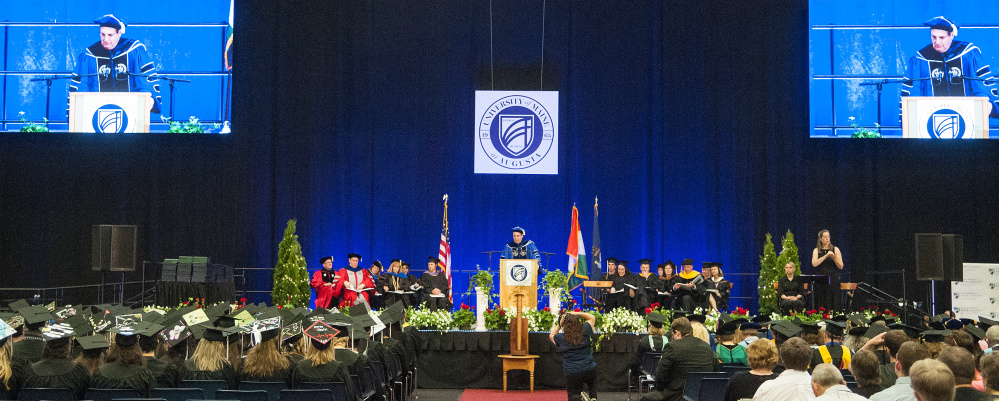
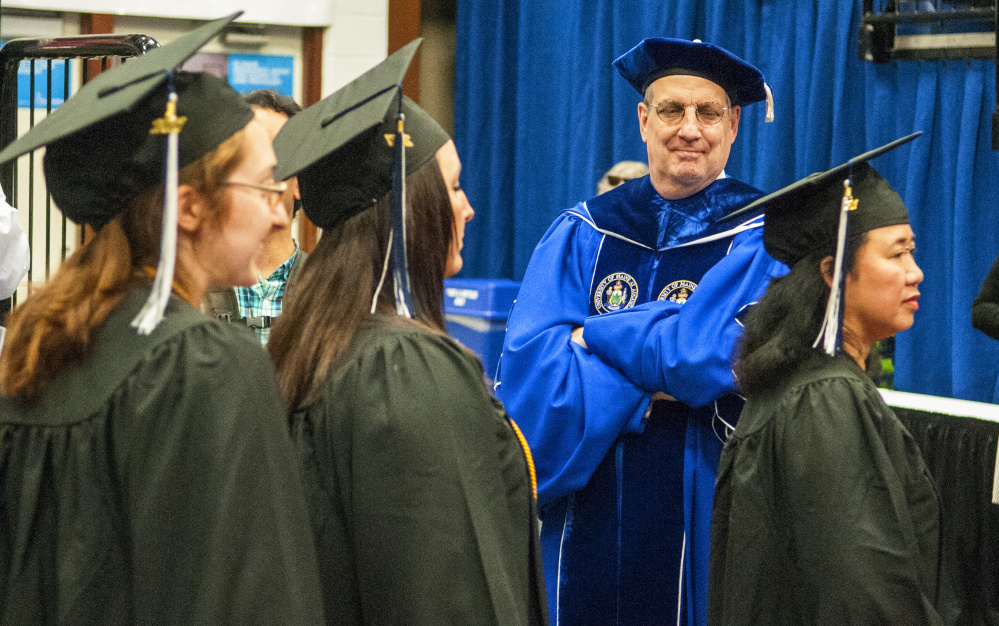
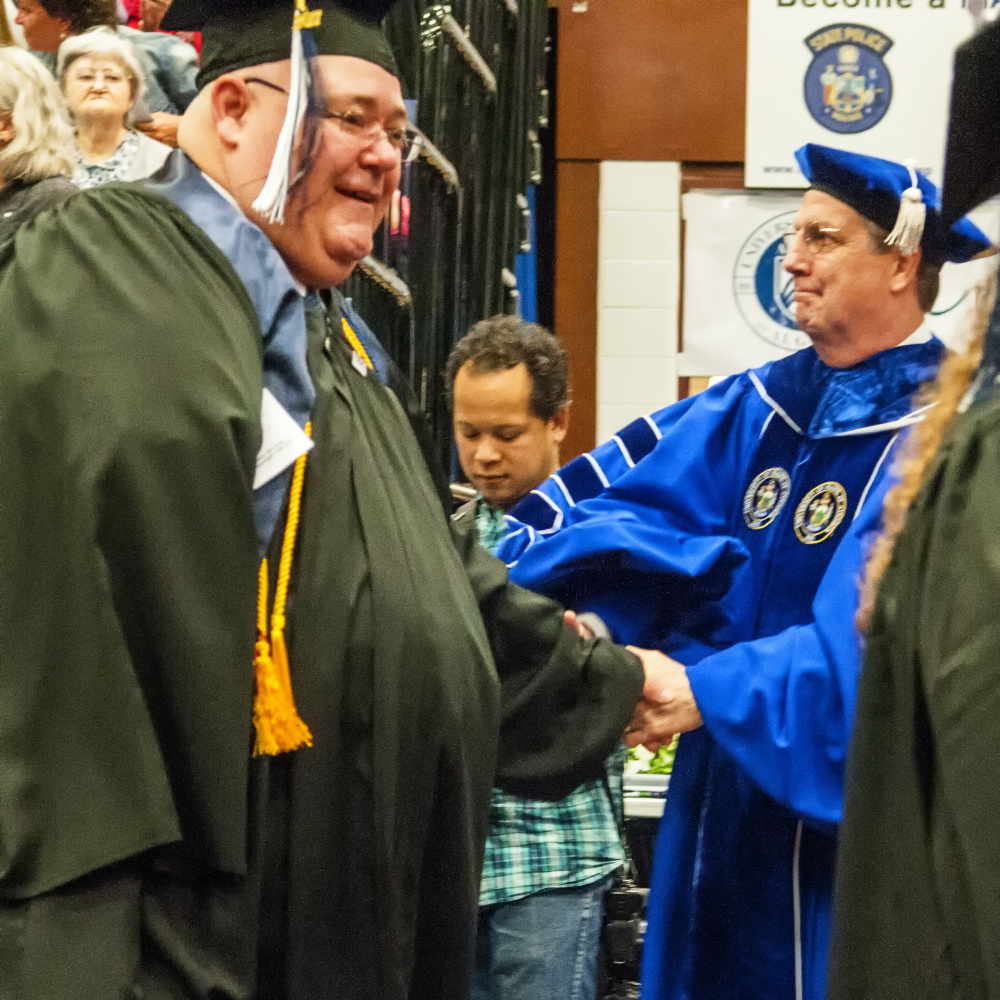
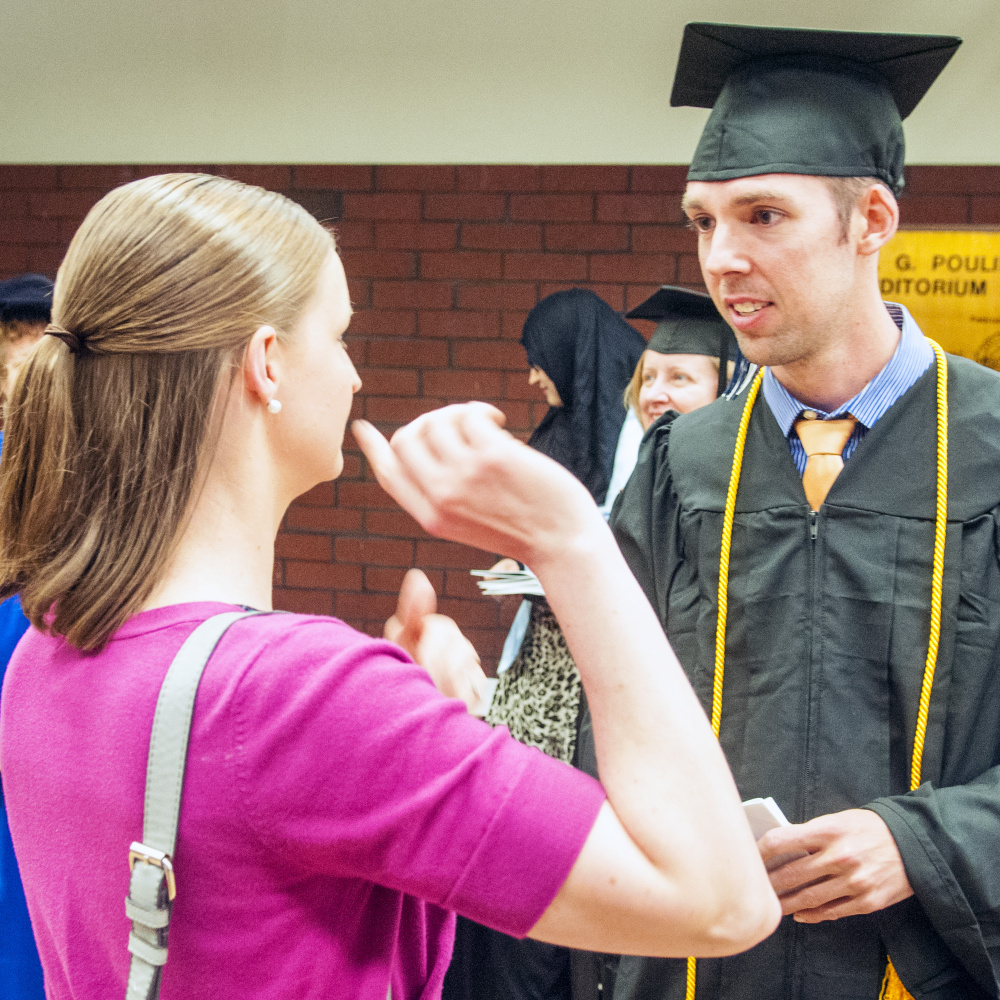
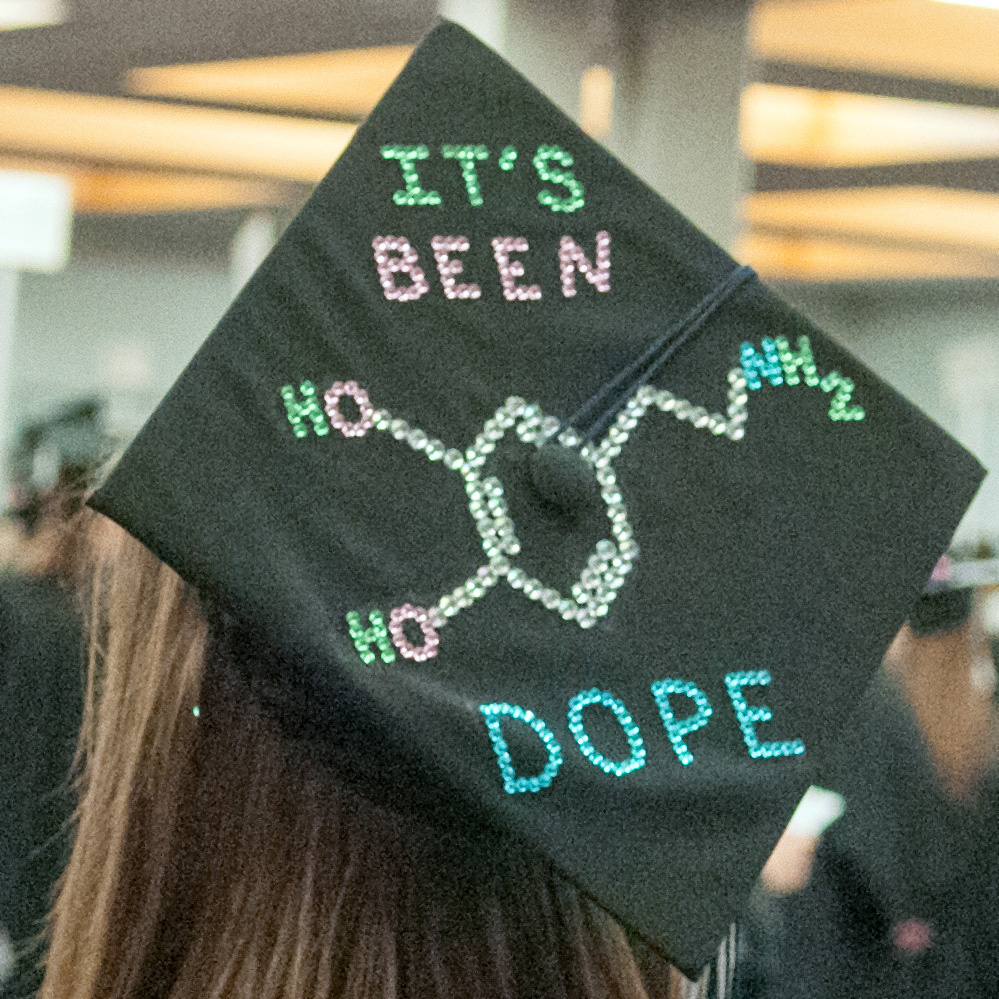
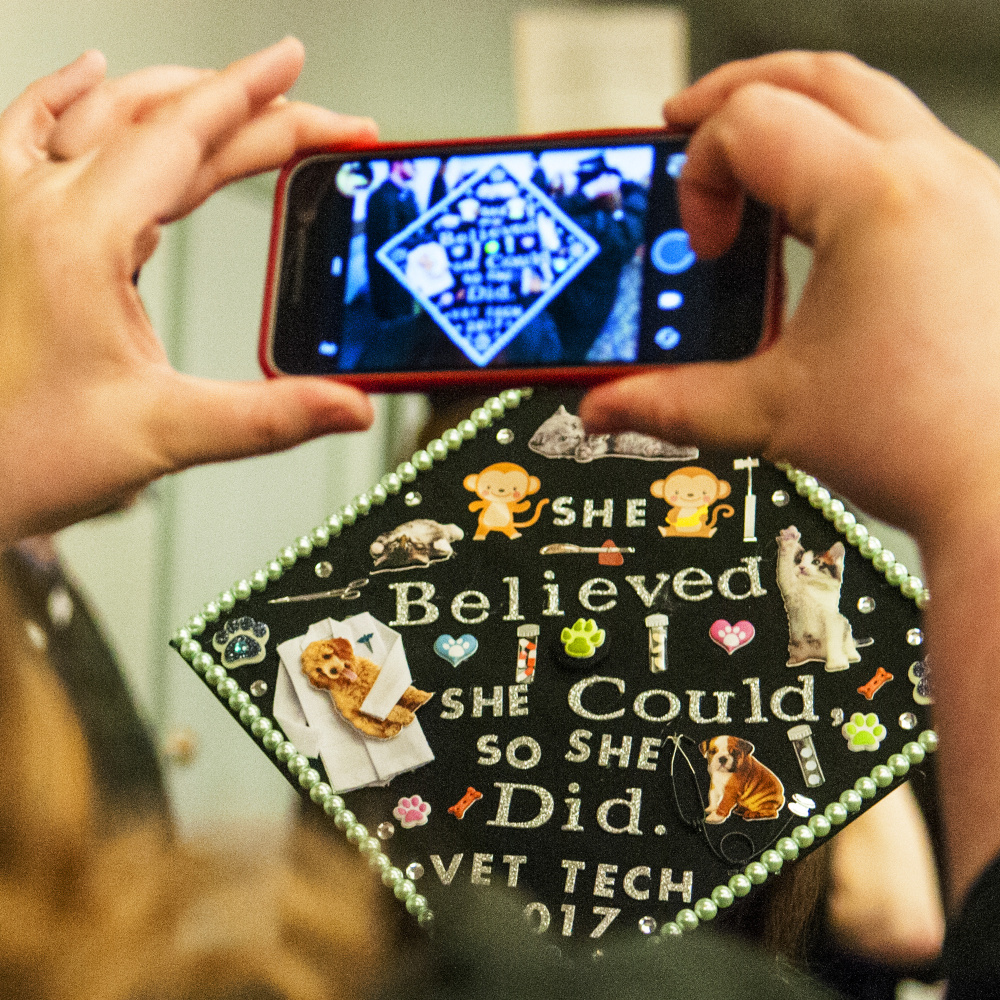
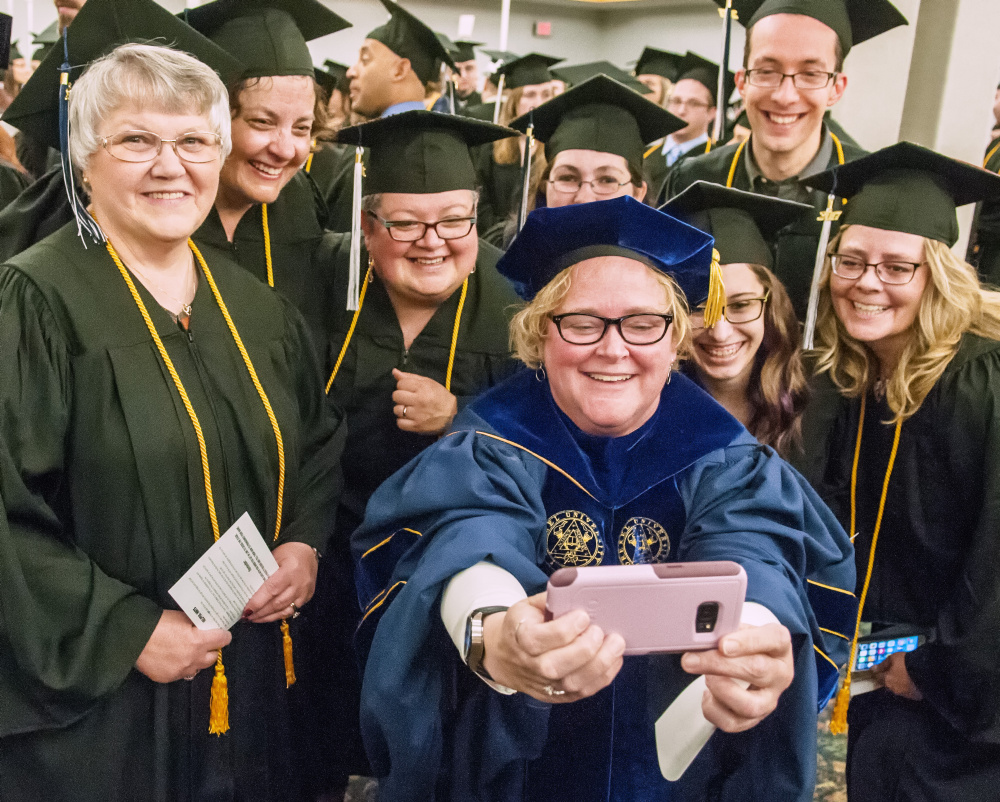

Success. Please wait for the page to reload. If the page does not reload within 5 seconds, please refresh the page.
Enter your email and password to access comments.
Hi, to comment on stories you must . This profile is in addition to your subscription and website login.
Already have a commenting profile? .
Invalid username/password.
Please check your email to confirm and complete your registration.
Only subscribers are eligible to post comments. Please subscribe or login first for digital access. Here’s why.
Use the form below to reset your password. When you've submitted your account email, we will send an email with a reset code.